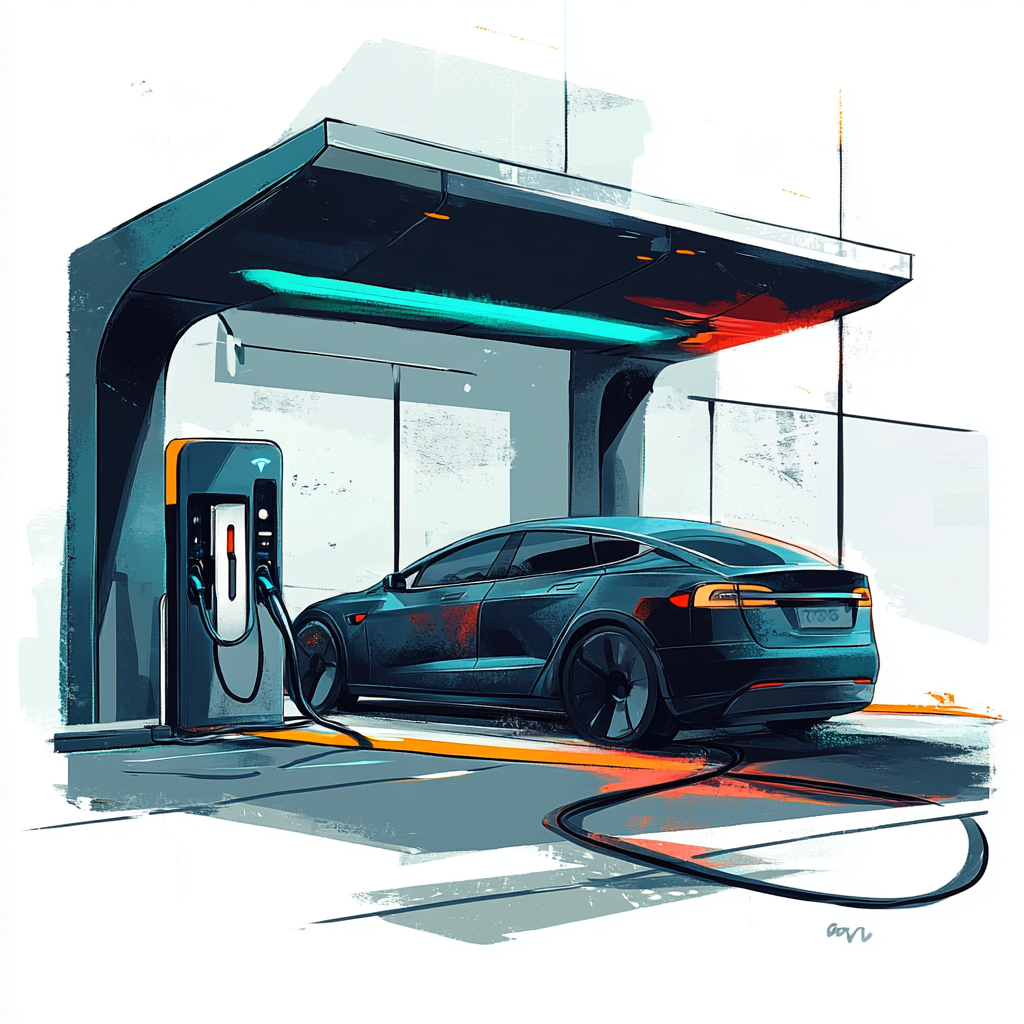Our Location
B319, 6433 Yinggang East Road,
Qingpu District, Shanghai

Advanced EV charging systems need accurate current sensors
As the use of electric vehicles continues to increase, people’s attention to the car battery system has shifted from the range to the charging time. Electric vehicle charging systems must operate safely and reliably, as improper execution can lead to inefficiencies and shortened operating life. The more the charging infrastructure expands into businesses, public Spaces and homes, the greater the need for the safety and reliability of EV charging systems. Home charging systems in particular, any aspect of failure can lead to a serious fire hazard. While improving the performance of electric vehicles, current sensing solutions also address issues of safety and reliability.
Many chargers are on the edge of their performance range, especially in compact home systems. To anticipate and address potentially dangerous issues, hard-driven EV battery charging systems must be able to immediately detect out-of-range current conditions or other performance losses. Hazard issues include typical ground failures and short circuits, as well as the danger of operating under extreme power and load conditions that the system cannot support. Advanced current monitoring in the charging system also performs the initial part of the feedback control loop function, regulating the performance, efficiency and hotness of the power circuits in the inverter.
Current measurement is a key aspect of overcurrent and undercurrent protection. At the speed and power levels of EV charging systems, conventional fuses and circuit breakers are not up to the job unless used to prevent catastrophic failures in extreme cases. Advanced current sensing enables intelligent fault management to better address potential performance issues such as user error and minor damage to cables and connectors.
We provide a leakage detection solution for chargers and charging stations.